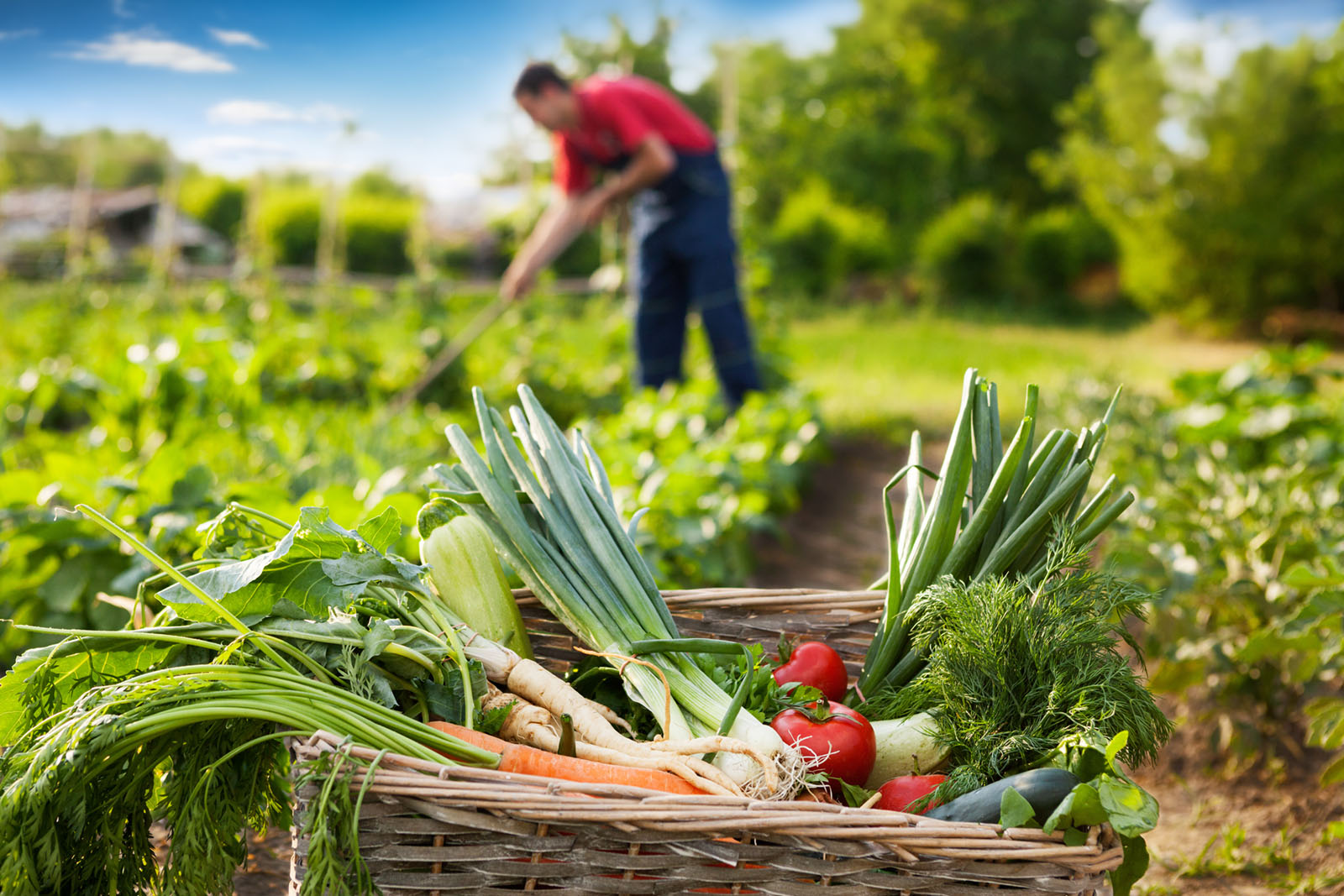Organic Gardening: Tips for Beginners

Are you eager to dive into the world of organic gardening but feel overwhelmed by the sheer volume of information out there? Don’t worry, you’re not alone. Imagine organic gardening as a journey—a rewarding one that not only nourishes your body but also your soul. This beginner's guide will walk you through the essentials, making your transition into sustainable gardening as smooth as possible. Let’s get started!
Why Choose Organic Gardening?
Organic gardening is more than just a trend; it’s a lifestyle choice that promotes health, sustainability, and environmental responsibility. By adopting organic practices, you’re not only growing chemical-free produce but also contributing to a healthier planet. So, why not take the first step towards a greener future?
Getting Started: The Basics of Organic Gardening
Understanding Soil Health
The foundation of any successful organic garden lies in the soil. Think of it as the lifeblood of your plants. Healthy soil is rich in nutrients and beneficial microorganisms that support plant growth. To ensure your soil is up to par, consider testing its pH level and nutrient content. You can find soil testing kits at your local garden center or online.
Choosing the Right Plants
Selecting the right plants is crucial for a thriving organic garden. Opt for varieties that are well-suited to your climate and soil conditions. Heirloom seeds are a great choice as they are often more resilient and flavorful. Don’t forget to consider the space you have available—some plants require more room than others.
Composting: The Key to Success
Composting is the heart of organic gardening. It’s like giving your plants a nutrient-rich superfood. Compost is made from organic waste materials like food scraps, yard trimmings, and manure. By composting, you’re not only reducing waste but also creating a valuable resource for your garden.

Natural Pest Control
One of the biggest challenges in organic gardening is pest control. Instead of reaching for chemical pesticides, opt for natural solutions. Companion planting, where you grow certain plants together to deter pests, is an effective method. For example, planting marigolds can help repel nematodes, while garlic can deter aphids.
Watering Wisely
Water is essential for plant growth, but it’s important to use it wisely. Overwatering can lead to root rot, while underwatering can stunt growth. Aim to water deeply and less frequently to encourage strong root systems. Mulching can also help retain moisture and suppress weeds.
Essential Tools for Organic Gardening
Having the right tools can make a world of difference in your organic gardening journey. Here are some must-haves:
- Gloves: Protect your hands from thorns and dirt.
- Trowel: Perfect for planting small plants and bulbs.
- Rake: Useful for leveling soil and removing debris.
- Pruning Shears: Essential for trimming plants.
- Watering Can: A gentle way to water your plants.
Common Mistakes to Avoid
Even the most seasoned gardeners make mistakes. Here are some common pitfalls to watch out for:
- Overcrowding Plants: Give your plants enough space to grow.
- Neglecting Soil Health: Regularly test and amend your soil.
- Ignoring Pests: Address pest issues promptly to prevent infestations.
- Overwatering: Too much water can be just as harmful as too little.
Embracing the Organic Lifestyle
Organic gardening is more than just growing plants; it’s about embracing a sustainable lifestyle. By choosing organic practices, you’re making a conscious decision to live in harmony with nature. It’s a journey that requires patience, dedication, and a willingness to learn.

Conclusion
Organic gardening is a rewarding endeavor that offers numerous benefits, from healthier produce to a healthier planet. By following these tips, you’re well on your way to creating a thriving, sustainable garden. Remember, every expert was once a beginner. Embrace the journey, learn from your mistakes, and enjoy the fruits of your labor.
FAQs
What are the benefits of organic gardening? Organic gardening offers numerous benefits, including healthier produce, reduced environmental impact, and cost savings. It also promotes biodiversity and supports a sustainable lifestyle.
How do I start a compost pile? Starting a compost pile is easy. Begin with a layer of carbon-rich materials like leaves or straw, followed by a layer of nitrogen-rich materials like food scraps or grass clippings. Keep the pile moist and turn it regularly to aerate it.
What are some natural pest control methods? Natural pest control methods include companion planting, using beneficial insects, and applying organic pesticides like neem oil or diatomaceous earth.
How often should I water my organic garden? The frequency of watering depends on factors like climate, soil type, and plant needs. Aim to water deeply and less frequently, allowing the top inch of soil to dry out between waterings.
What are some beginner-friendly plants for an organic garden? Beginner-friendly plants include herbs like basil and mint, vegetables like tomatoes and lettuce, and flowers like marigolds and sunflowers. These plants are generally easy to grow and require minimal care.
By following these tips and embracing the organic lifestyle, you’ll not only grow a beautiful garden but also cultivate a deeper connection with nature. Happy gardening!
0 Response to "Organic Gardening: Tips for Beginners"
Post a Comment